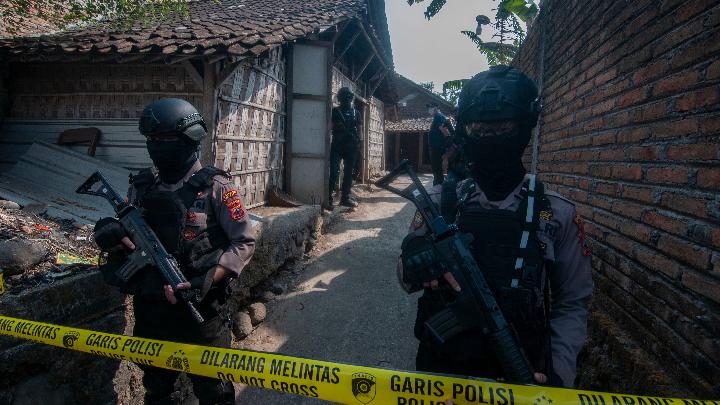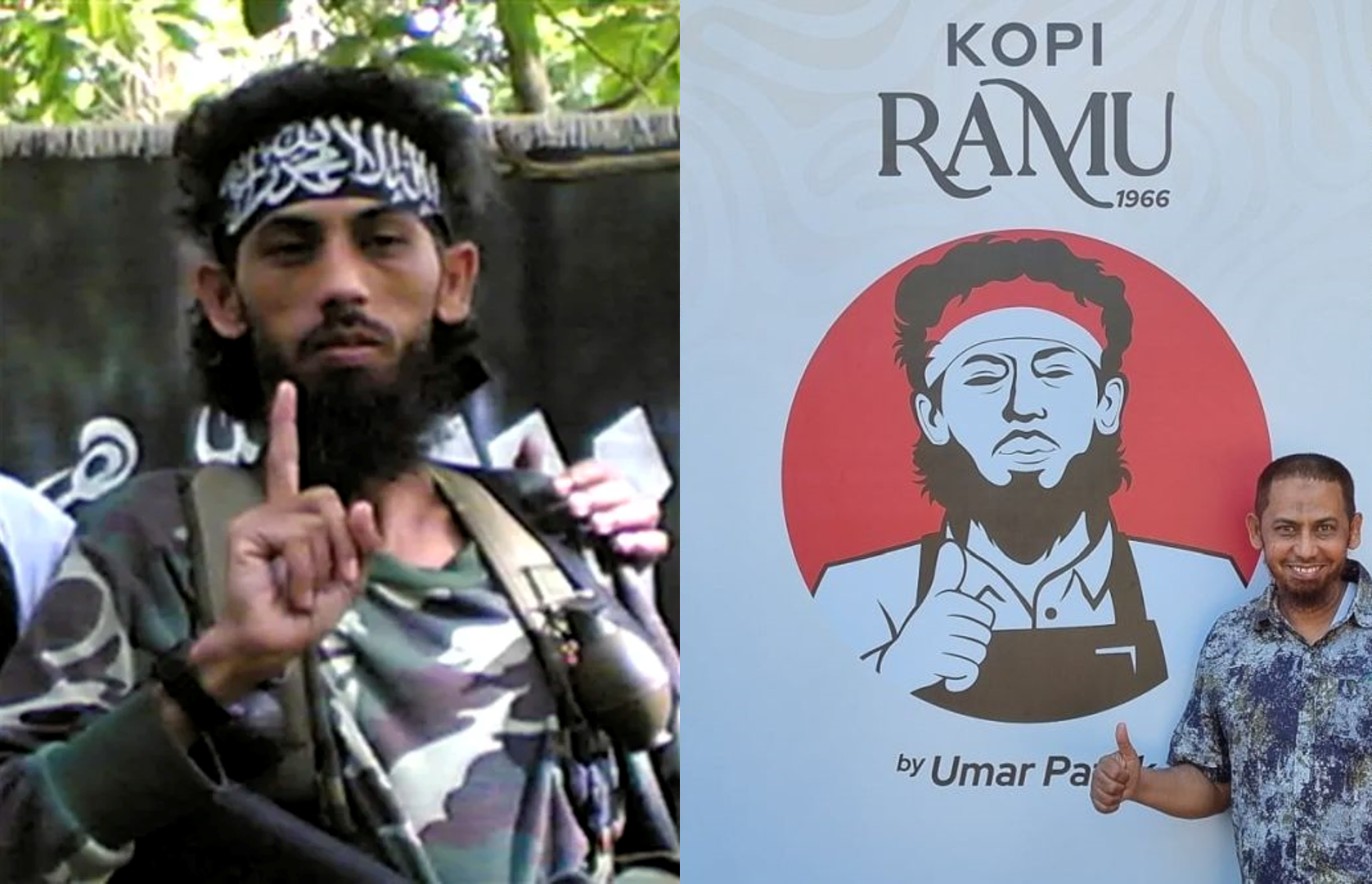
Brief: Indonesian Counter-Terrorism Forces on Edge Ahead of Elections
Brief: Indonesian Counter-Terrorism Forces on Edge Ahead of Elections
Executive Summary
- Indonesia’s general election is scheduled for February 14, 2024. 59 militants were arrested on October 31, 2023 for planning to disrupt said elections, including 19 members of Jemaa Islamiya (JI), which was previously believed to have been dormant.
- 40 suspects from the Jamaah Anshar Daulah (JAD) group have also been arrested for planning attacks around the elections, according to Indonesia’s Densus 88 counterterrorism unit.
On February 14, 2024, Indonesia is scheduled to hold general elections. The election will also occur just over 25 years after the country transitioned from authoritarian to democratic rule. One sign of potential electoral instability occurred when the current President, Joko Widodo (“Jokowi”), attempted to unconstitutionally run for a third term. His attempt, however, faced pushback from both the political establishment and the public. Jokowi has instead announced he would seek other (presumably legal) means to “meddle” (cawe cawe) in the elections so that his preferred candidates win (Channel News Asia, June 9, 2023).
While the democratic process is facing challenges in Indonesia, terrorism also cannot be ignored. On October 31, for example, the Densus 88 counter-terrorism unit announced that it had arrested 59 militants, who had plans to disrupt the elections (TEMPO.co, October 31, 2023). Typical of jihadist ideology, the arrestees believed that democracy was incompatible with Islam and that participating in it is tantamount to apostasy. The fact that 19 of the suspects were members of Jemaa Islamiya (JI), moreover, demonstrates that the group still exists. Nevertheless, it has been more than a decade since the group last carried out a major attack, leading observers to believe that the group is dormant, at least operationally (Benar News, November 17, 2020).
If not JI, it is possible that Jamaah Anshar Daulah (JAD) could disrupt the elections (Jakarta Post, November 23, 2023). A number of former JI members have, in fact, become deradicalized and are now willing to accept democratic elections and the legitimacy of the secular Indonesian state. Most notable among them is the bomb-maker for the 2002 Bali bombing, Umar Patek, who has been released from prison on the condition that he continues to show loyalty to the Indonesian state (Jakarta Post, August 30, 2022; see Terrorism Monitor, March 17, 2023). In contrast to JI during its heyday in the late 1990s and early 2000s, JAD does not explicitly endorse violence, although a number of its ideological adherents have committed terrorist attacks. Rather, JAD rejects any system of governance for Indonesia beside sharia law, which means it can influence its followers to oppose elections, if not also violently disrupt them.
Thus far, 40 suspects have been arrested from JAD for planning to attack the elections, according to the Densus 88 spokesman (New Straits Times, October 31, 2023). The large number of Densus 88 arrests ahead of the elections and the generally low level of JI or JAD violence in the months preceding the elections suggests that any major attack during election season or on election day itself may be unlikely. Nevertheless, Densus 88’s high level of preparedness is precisely what is needed to ensure the elections run smoothly. This also requires cooperation from political actors like Jokowi, whose own comments and actions can affect the public’s perceive legitimacy of the elections.


